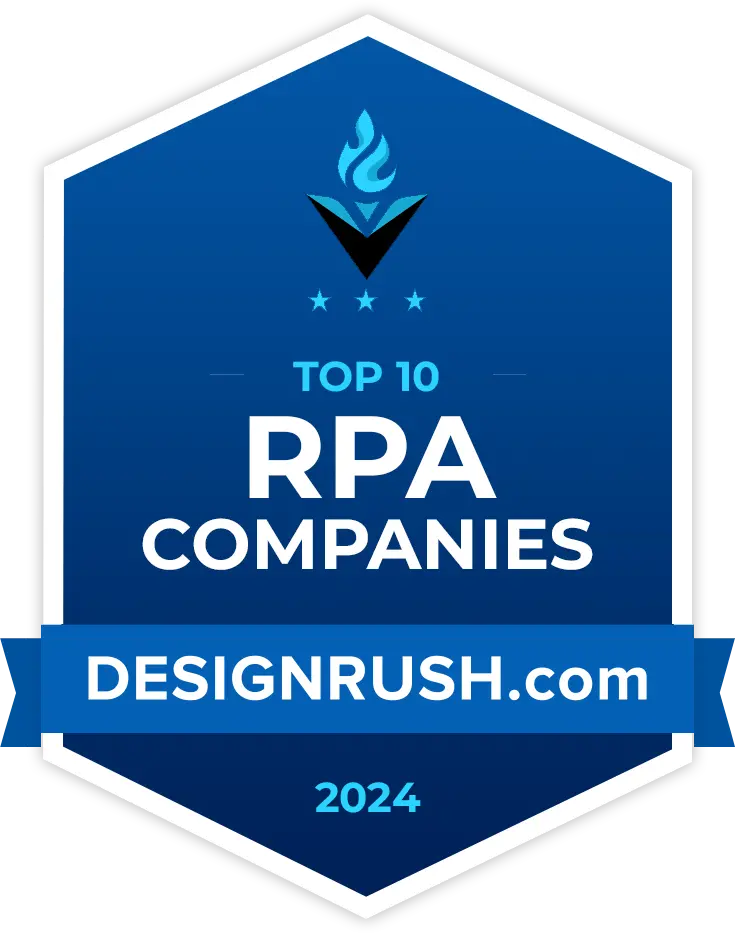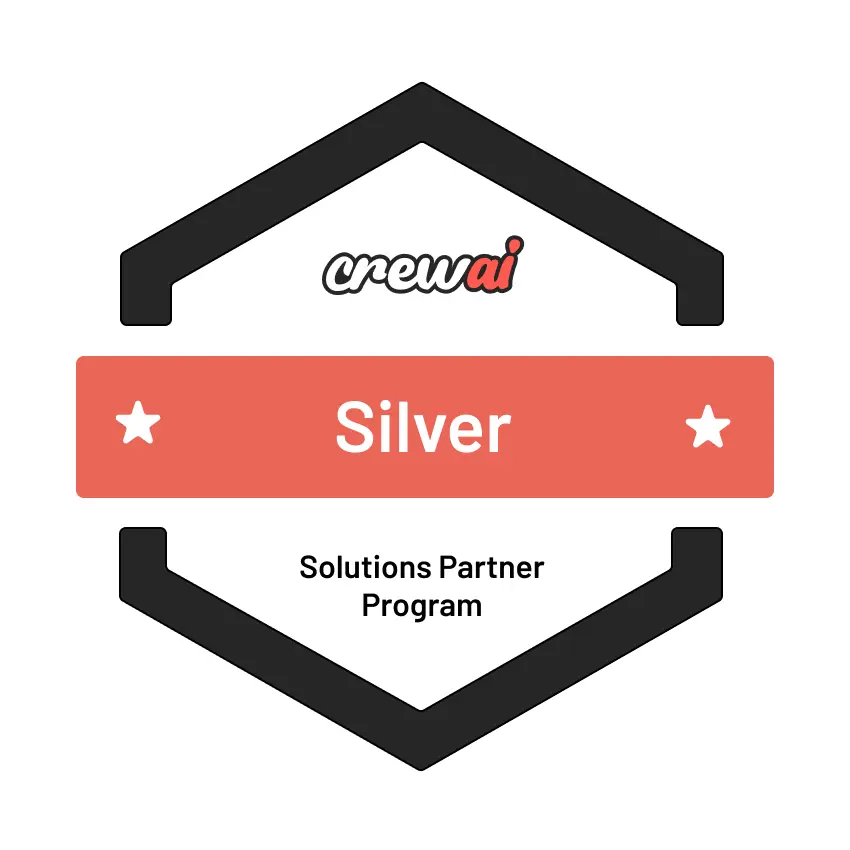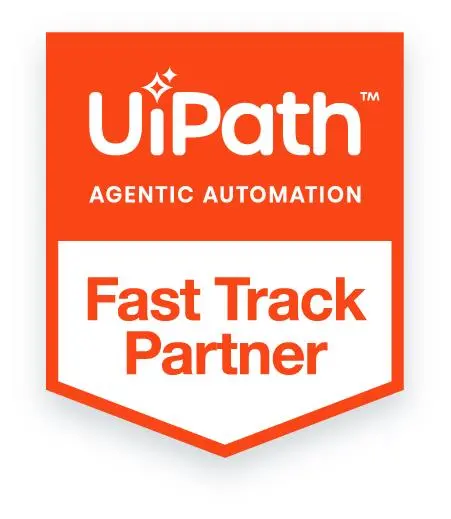
After COVID-19, there has been a sudden increase in the number of patients. As a result, many healthcare facilities are finding it challenging to manage their workflows manually. So, they are turning toward automation to streamline their complex operations.
Enter healthcare process automation.
This process makes sure that healthcare providers don’t have to worry about managing administrative tasks. Instead, they can focus on providing quality medical attention.
In this blog post, we have talked about how healthcare providers can leverage management tools for processing business.
Key Takeaways
- Healthcare process automation can help healthcare providers reduce errors, speed up their workflows, and improve patient care.
- With proper planning, challenges such as data security, system integration, and high costs can be easily solved.
- For efficient and seamless operations, ensure you use the right business process management tools.
Why Healthcare Process Automation is Essential
- To ensure there is long-term success, train the staff and take strong security measures.
Automation of healthcare processes has changed the way medical facilities work. They use technology to handle repetitive tasks and focus more on providing excellent patient care. We have discussed more reasons below for why automation is essential for healthcare providers:
- Less Errors: Manually processing things can often result in mistakes. After all, humans make mistakes all the time. Automation, on the other hand, minimizes these risks by ensuring that data is captured and managed with precision.
- Faster Processes: Tasks such as scheduling appointments, processing insurance claims, and managing billing become easy to complete, reducing patient wait times.
- Better Compliance: Healthcare process automation helps healthcare providers comply with legal and regulatory requirements such as HIPAA, GDPR, and various other laws related to healthcare data protection.
- Enhanced Patient Experience: With faster service and more accurate information, patient satisfaction and trust are also improved.
- Cost Efficiency: Healthcare firms can lower personnel expenses and better manage resources by automating repetitive processes.
Key Challenges in Healthcare Process Automation
While there are a number of benefits of healthcare automation, it also has its own set of challenges. Here are the most common challenges and how they impact the industry:
Data Security and Privacy Concerns
Automation requires digital data transfer and storage, which increases the risks of cyberattacks and data breaches. Adherence to regulations like HIPPA in the US and GDPR in Europe adds an extra layer of complexity.
Integration with Legacy Systems
Many healthcare institutions continue to depend on outdated software and systems that have been in place for years. Integrating modern robotic process automation software with these legacy systems can be challenging and may result in compatibility problems. These older systems lack APIs or standardized data formats, slowing down data transfer.
High Implementation Costs
Smaller healthcare providers may struggle with the upfront costs of the healthcare process automation systems even when they produce long-term savings. Plus, without proper budget planning, the cost of hiring IT consultants, purchasing licenses, and upgrading hardware can cause difficulties.
Resistance to Change
Healthcare staff who are used to traditional processes might be hesitant to embrace automated systems. A lack of technical knowledge and concerns about job security can hinder the transition.
Maintaining Data Accuracy
While automation helps minimize human errors, issues like incorrect input or poorly set up systems can still result in inaccurate data.
Best Practices for Successful Healthcare Automation
Strategic best practices are essential for healthcare organizations to overcome these obstacles. Here are some tips for successfully implementing automation:

Choose the Right Business Process Management Tools
The right tool will help streamline and optimize healthcare workflows efficiently. So, select tools that provide:
- Scalability.
- Flexibility.
- Integration capabilities.
- And user-friendly interfaces.
Implement Strong Robotic Process Automation Software
Ensure the automation software is automating the repetitive tasks such as appointment scheduling. data entry and claims processing. This will help:
- Reduce human error.
- Faster turnaround times.
- Cost savings.
- And enhanced accuracy.
Prioritize Data Security Measures
Ensuring the protection of patient data must be a primary focus when introducing automation. Key practices for maintaining data security include:
- Encryption.
- Multi-factor authentication.
- Regular software updates.
- And compliance audits.
Ensure Seamless System Integration
It’s essential to plan before integrating new healthcare process automation tools with existing systems. Here are some steps to take for smooth integrations:
- Thorough system assessment.
- Choosing compatible tools.
- Collaborating with IT experts.
- And phased rollouts.
Provide Comprehensive Training
Without proper staff training, there’s no benefit to successful automation implementation. That’s why effective training programs should:
- Explanation of benefits and functions.
- Offer hands-on practice.
- Address concerns about job loss.
- And provide continuous support.
Future of Healthcare Process Automation
With excellent advancements in AI (artificial intelligence) and predictive analytics, the future of healthcare automation looks promising. Some future trends that are emerging are:
- AI-Driven Automation: Improving decision-making and diagnostic accuracy with the help of machine learning and advanced data analysis.
- Predictive Analytics: Identifying patient risks and enhancing preventive care by utilizing real-time data insights.
- Personalized Patient Care: Using robotic process automation software to customize treatments and recommendations based on individual patient information.
- Telehealth Integration: Integrating automation with virtual care to enhance accessibility and boost efficiency.
As technology advances, the automation of healthcare is set to enhance patient outcomes and boost operational efficiency significantly.
Wrapping Up
Healthcare process automation brings significant advantages, but addressing the associated challenges demands careful planning and implementation. By selecting the right business process management tools, prioritizing data security, and investing in staff training, healthcare organizations can fully leverage the benefits of automation.
Are you prepared to transform your healthcare operations? Auxiliobits provides expert solutions to guide you every step of the way.








